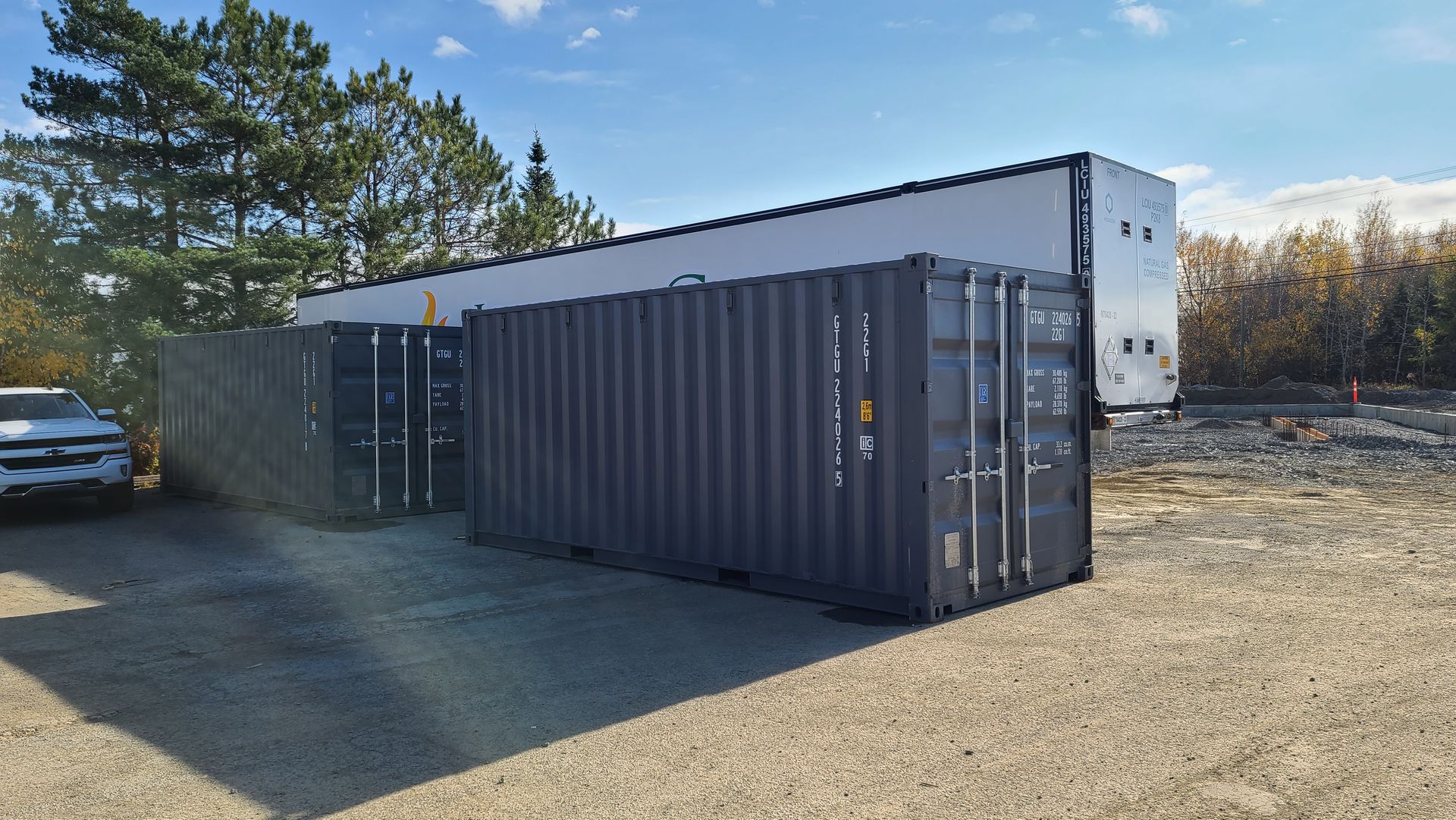With the prediction about people leaving the cities in the US, Canada, and so on, it is worthwhile to consider the possible reasons. As noted by London-based staff writer at The Atlantic, Yasmeen Serhan, modern cities are known to be areas where transmissible diseases like COVID-19 can spread easily and quickly. This is nothing new as the plagues in the past were transmitted more in the cities than the smaller towns.
Foremost, this is because most of the cities are often overcrowded. They rarely have enough green spaces for people to enjoy. Dr. Steven Goodman, a Stanford University’s epidemiologist, noted that the density of large cities is an enemy of coronavirus and other related conditions. New York’s Governor, Andrew Cuomo, agreed with this claim as he noted that spatial closeness is responsible for the severity of the pandemic in the city.
As a result of the large population, several people interact with each other from time to time. Hence, this deadly disease can spread as quickly as possible.
These large cities have several restaurants, public transport, bars, and other entertainment and educational centers that are usually filled with lots of people. While all these can be beneficial and entertaining, they tend to encourage the spread of diseases like coronavirus. Some of these places are close now, whereas others are still open. Nevertheless, no one is certain of when these places will be safe to use without fear of the pandemic. Resultantly, it is not strange that many urban dwellers may consider the option of leaving the cities during or after the pandemic.
In addition to the large populations of the cities that encourage the spread of the disease, there are other factors. These factors include active participation in the workforce and economic segregation.
• Possibility of remote works
Another reason that may encourage lots of individuals to move out of the cities in several countries is the new remote work policy. As a result of the pandemic, it has been suggested that people should avoid congregating at their workplaces. Hence, many companies and organizations have been adopting the work-at-home policy. In other words, people are now being told to work remotely, rather than going to a designated workplace.
Therefore, if people can work from anywhere, they are around the country, they may start considering the option of staying in less populated areas. By leaving in less populated suburban or rural areas, the risk of contracting the diseases reduces. Also, people may get a chance to pay a lower amount for house rent or purchase. Consequently, living in towns and other suburbs is more appealing than residing in the cities in the US, Canada, and other countries around the world.
• Cities may be less attractive
The coronavirus pandemic is bringing lots of changes to many cities around the world. Apart from the allure of better employment and financial opportunities, factors that make the cities attractive to many people include eating out at fancy restaurants, going to parties, bars, and events, and enjoying other social activities.
As the pandemic persists, several small businesses remain under lock to ensure the safety of all parties, including the workers and customers. So, in many cities, people cannot go to bars, restaurants, parties, parks, nightclubs, theaters, galleries, and other public spaces.
For the public places that have reopened, the need for social distancing has made lots of these activities less exciting. Karen Chapple of the University of California at Berkeley agreed and noted that the lack of local shops and restaurants makes these cities less appealing. Hence, the urban experience is reduced as everything now involves home delivery.
• Workers needed in the suburban areas
From April 2020 to May 2020, it was discovered that 47% of all new employments in Canada were in places outside of the topmost metropolitan areas of the country. As noted by Louise Grogan of The Conversation, one of the reasons for this is that several service jobs could be done with physical distancing. Therefore, the companies could give such jobs to people living in less populated areas. Another reason could be because the holiday plans of lots of people this year might be outside of the cities.
It is worthwhile to note that there are still doubts over these claims. Hence, this urban pessimism might not be the exact thing that has been predicted by many experts around the world. Despite this, everyone needs to prepare for the possible changes ahead.
Because of this possible movement out of the cities, some analysts are predicting that lots of individuals will downsize once the pandemic is over or subdued. This may lead to an unprecedented boom in the need for ultra-functional containers that can be used for storing different items.















